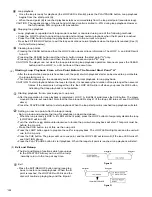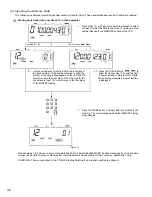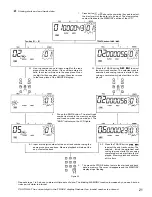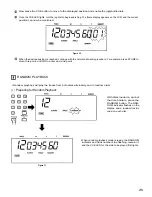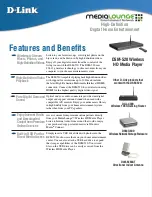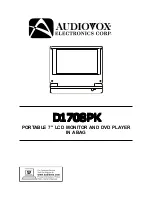
(8) Scanning
• Scanning allows you to move quickly forward or backward through the CD while monitoring the sound, and is used,
for example, to locate a specific section in a song.
• Turn the shuttle dial while the player is in the play, pause or cue modes to begin scanning. The disc moves rapidly
forward or backward and the sound is output. The current point (scan point) is indicated on the LCD.
• The scanning speed depends on how far from the center point the shuttle dial is turned. The more it is turned, the
faster the scanning speed.
• Turn the shuttle dial clockwise to scan in the forward direction, counterclockwise to scan in the reverse direction.
• The scanning point indicated on the LCD is automatically
stored in the memory as the cue point.
• When the shuttle dial is released during scanning, it
returns to the neutral position, scanning stops and the
search mode is set. However, if scanning was started
from play mode, playback resumes.
MATCHING THE BEATS PER MINUTE (BPM)
• With the DN-2700F, there are two ways to adjust the playing speed and match the BPMs of the two CDs:
•
Use the pitch slider to adjust the BPM statically. One of three adjustment ranges can be selected.
•
Use the PITCH BEND buttons to change the BPM temporarily. Use this after adjusting the BPM with the pitch slider.
(1)
Pitch Slider
• To adjust the BPM by sliding the pitch slider up or down, first press the PITCH button to enable the pitch slider. The
PITCH LED will turn on.
• With the pitch slider, the pitch can be adjusted within one of three ranges (±4%, ±8% or ±50%). The LEDs indicate
which range is selected.
• The BPM decreases when the pitch slider is moved upwards, increases when the pitch slider is moved downwards.
Figure 17
15


















